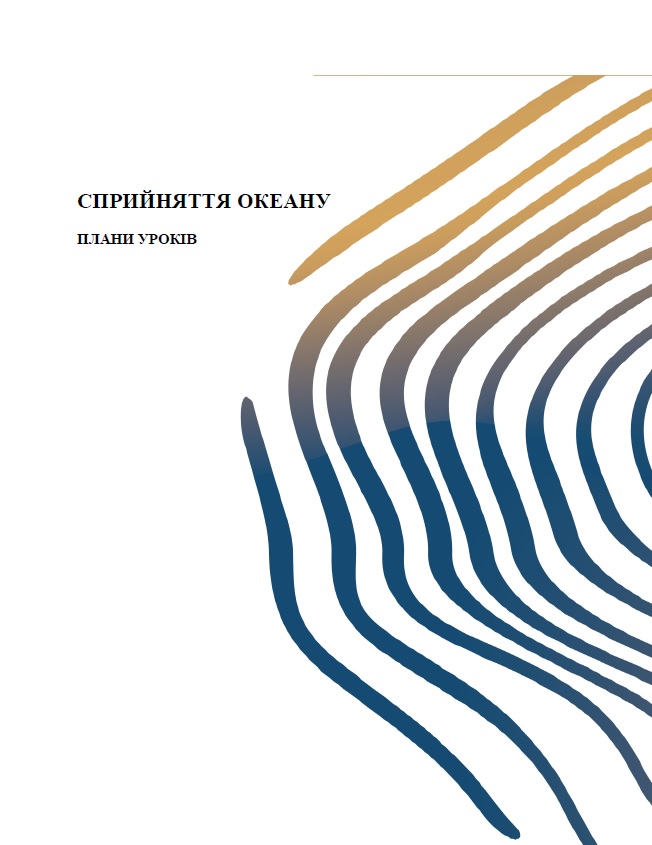Подорож до холодних просочень
Як вчені вивчають метан в Арктичному океані: План уроку з парним викладанням
DOI:
https://doi.org/10.7557/8.7249Sammendrag
Фокусуємося на:
холодних просоченнях: де вони знаходяться, що там відбувається та як вчені їх вивчають.
Цілі навчання:
Після уроку учні будуть мати змогу:
1. Встановлювати зв’язки між різними наборами картографічних даних, спостерігаючи та описуючи наукові карти.
2. Розрізняти діоксид вуглецю (вуглекислий газ) та метановий газ.
3. Прояснити неправильні уявлення про парникові гази.
4. Пояснити, що таке холодні просочення та чому більшість газу / метанових гідратів виникає на континентальних шельфах.
5. Описати деякі з методів, якими користуються вчені для локалізації та вивчення метанових / газових гідратів.
Попередні вимоги:
Перед цим уроком учні повинні ознайомитись з тим, як користуватися картами, що таке молекулярна структура та як вона зв’язана, що таке парниковий ефект і парникові гази.
Ключові слова:
Арктичний океан, метан, діоксид вуглецю, газовий гідрат, холодне просочення, парниковий газ.
Nedlastinger
Publisert
Hvordan referere
Utgave
Seksjon
Lisens
Opphavsrett 2023 Solmaz Mohadjer, Vibeke Aune, Giuliana Panieri, Davide Oddone; Olena Peftieva

Dette verket er lisensiert under Creative Commons Attribution 4.0 International License.









